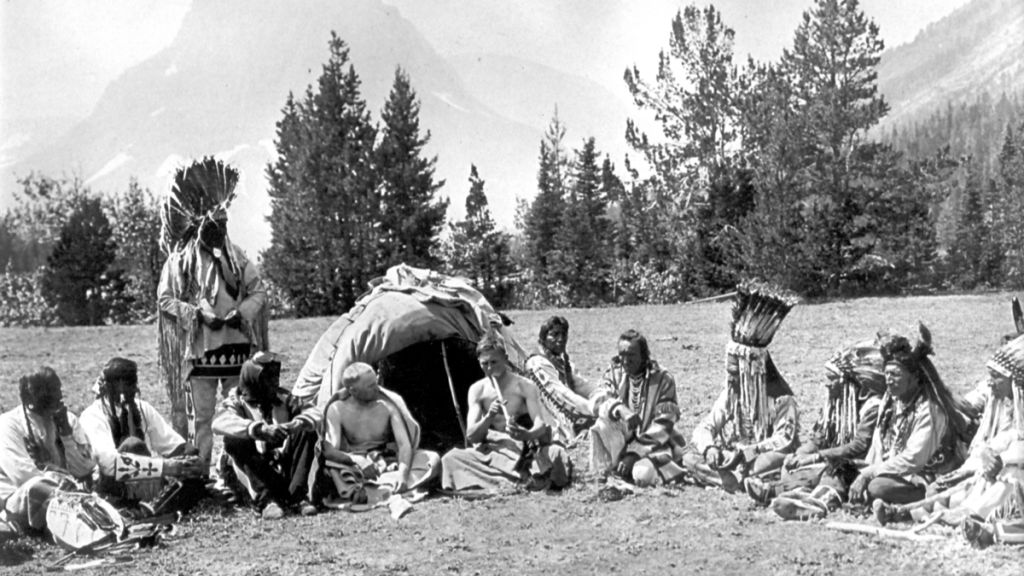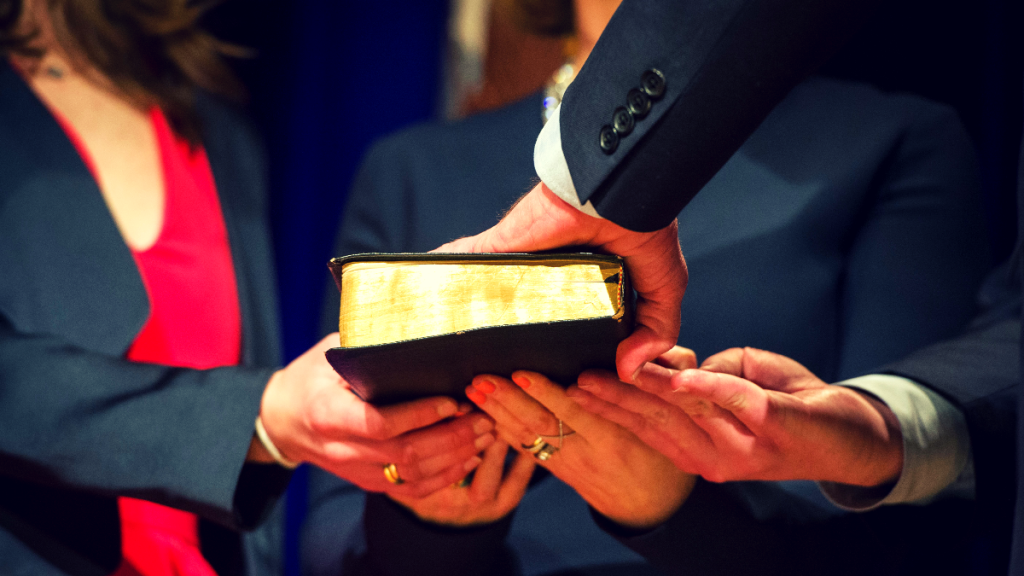Tag: religious freedom


Political Islam and the violation of individual rights
April 5, 2023 | Post
Can you imagine living in a country where your government can kill you for not following a state-imposed dress code; or jail you for ten years for sharing a video of yourself dancing with your fiance; or kidnap you for daring to speak your mind? Iranians live in such a place.

The first federal criminal case on female genital mutilation will test the limits of religious liberty.
August 17, 2017 | Post
Six people in Michigan — including two doctors, two assistants, and the girls’ mothers — have been charged with participating in the mutilation of two seven-year-old girls.

Ritual sacrifice of chickens: religious freedom vs animal cruelty laws
May 26, 2017 | Post
Can states legally prohibit religious chicken sacrifice? What about spiritual snake handling?

Anne Hutchinson: The spirit of religious liberty
March 27, 2017 | Post
Opinions of Anne Hutchinson have, shall we say, covered the waterfront. In his masterful tome, Conceived in Liberty, 20th-century economist and libertarian historian Murray Rothbard cast her as a staunch individualist and the greatest threat to the “despotic Puritanical theocracy of Massachusetts Bay.” John Winthrop, the 2nd, 6th, 9th, and 12th governor of the Massachusetts […]

Why requiring Muslim visitors to register with Homeland Security is unjust
February 27, 2017 | Post
Throughout the presidential campaign, there was much talk of a Muslim registry. Fortunately, that seems to have fallen by the wayside since the election, and the Trump administration has been consistent, thus far, in denying it will pursue one. Still, we should remain vigilant about it because something similar is still on the table: a […]

Civil servants should not lose their jobs for committing thought crimes.
February 14, 2017 | Post
A government commission has recommended that a civil servant be removed from his post because of his thoughts. A scene from George Orwell’s 1984 or the dystopian novel Kallocain? Alas, no. Welcome to present-day Oregon. On January 25, 2016, Oregon’s Commission on Judicial Fitness and Disability recommended that Judge Vance Day be removed as a […]

Does the constitution require a war on Christmas?
December 25, 2016 | Post
“In no way did America’s Founders — especially those men who drafted and ratified the First Amendment — desire to build a wall of separation between church and state.” — Mark Hall

Trump’s Secretary of Education pick is good news for religious freedom.
December 9, 2016 | Post
However, DeVos’s nomination has come under assault because she supports vouchers that enable parents to, among other options, send their children to religious schools.

Clergy should be able to preach without fear
October 26, 2016 | Post
In the absence of a compelling interest, such as preventing physical harm, governments have no right to control what goes on inside of churches and other houses of worship.

Should the government step in to outlaw discrimination?
October 22, 2016 | Post
National and state governments often create accommodations to protect religious individuals from neutral, generally applicable laws, but they have also passed laws affirmatively protecting religious citizens from discrimination by both private and governmental entities. Most prominently, Title VII of the Civil Rights Act of 1964, as amended, prohibits employers with more than 15 employees from […]

France’s burkini ban fights Islamic oppression with secular oppression
October 21, 2016 | Post
Imposing the values of secularism on “oppressed” Muslim women who wish to buy burkinis merely replaces one form of religious oppression with another.

Religion vs. Abortion, Explained
October 4, 2016 | Post
There is no denying that protecting religious actors who are licensed by the state to provide medical services is one of the most complicated policy areas in which religious citizens have been accommodated.

Peyote, Alcohol, and Religious Liberty
September 28, 2016 | Post
In this seventh installment in his series on religious liberty, Prof. Mark Hall explains how legislators have carved out exemptions to the Controlled Substances Act to protect religious ceremonies involving controlled substances.

The Right to Sit During the Pledge of Allegiance
September 16, 2016 | Post
One’s right to life, liberty, and property, to free speech, a free press, freedom of worship and assembly, and other fundamental rights may not be submitted to vote; they depend on the outcome of no elections.

Oath Taking and Religious Liberty in American History
September 9, 2016 | Post
Historically, oaths have been seen as essential for ensuring the loyalty and fidelity of citizens and elected officials. They were also viewed as critically important for the effective functioning of judicial systems. In the West, oaths historically invoke God as the witness of the oath taker’s veracity; written oaths often end with the phrase “so […]

Dear France, Stop Encouraging Terrorism and Oppressing Women
September 5, 2016 | Post
A woman who chooses to wear a burqa, burkini, or headscarf is exercising her right to dress herself how she wishes—the same right enjoyed by women who wear bikinis or even nothing at all on French beaches. French authorities aren’t liberating Muslim women by forcing them to change their clothes. They’re oppressing them.

Protecting Religious Liberty and the Common Good Aren't Mutually Exclusive
August 29, 2016 | Post
In this second installment to the series on religious freedom, Professor Mark Hall explains a third way to protecting both religious liberty and the public interest.

Some Reflections on Whether We Should Abandon Religious Liberty
August 22, 2016 | Post
Impinging on religious liberty rarely, if ever, benefits the commons good, as Professor Mark Hall explains in this first installment in a series on religious liberty.

One Novel’s Perfect Analogy Shows Exactly What Happens When We Try to Censor Human Thought
June 18, 2016 | Post
Today in this country, we pretty much take it for granted that we’re free to worship any god we want…or no god at all. But as you’re probably aware, that is a relatively new concept in human history. And in many parts of the world, this freedom still does not exist. What you might not […]

